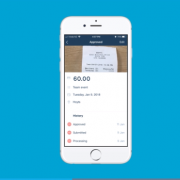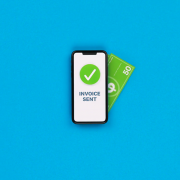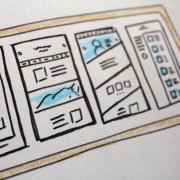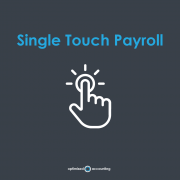
A smartphone buzzes in your pocket. Ten tabs sit stagnant in your browser. Unopened emails, newsfeeds and gifs all claw for your attention. This is the plague of distraction. And in our efforts to always be ‘on’ our actual productivity is waning. So how can we be more efficient in a society that demands us to do ten things at once?
The answer is simple. Reduce the noise and focus.
Busyness isn’t necessarily productive
Too often people perform busyness in a vain effort at being productive. This can be termed ‘shallow work’. Certain common tasks in contemporary workforces are synonymous with this. Emails and meetings, specifically. Of course, effective and rapid communication is essential to a business, but too often they are exploited as distractions from actually getting things done.
The following list is a good starting point if you are looking to reduce shallow work in favour of a more efficient workflow:
- If an email chain is longer than two, pick up the phone.
- Stop adding endless CCs and BCCs to clutter people’s inboxes.
- Only meet once the various stakeholders or collaborators have a message they are ready to present.
- Get over this idea of ‘multitasking.’ The brain is only flicking rapidly between tasks and giving neither sufficient effort.
- Rather than trying to do everything at once, dedicate adequate time to go deep into one particular task. This means reducing your to-do list by half.
Don’t be afraid of the deep end
‘Deep work’ – the ability to focus, undistracted, on a cognitively demanding task—is a concept explored by author Cal Newport in his book by the same name . In it, he posits, that those with the capacity for such work are the ones that will thrive in an increasingly automated freelance economy.
There are parallels here with the notion of ‘flow’. Coined by Hungarian psychologist Mihaly Csikszentmihalyi, he defined the idea as ‘the state in which people are so involved in an activity that nothing else seems to matter.’
The results of ‘flow’ and ‘deep work’ are better outcomes. Two hours of deep work might equal two days of flippant multitasking. But how do we do it? How do we reach that illusive state of flow?
To start with, aim to engage in tasks whose difficulty matches your ability. Tasks that are too simple leave us bored. Ones that are too hard leave us deflated. It needs to be challenging enough to provide an obstacle but not so hard as to be impassable. If a task does seem too big, break it up into doable units. And tackle the easiest (or, even better, the most interesting) first.
Of course, not every piece of work is going to be interesting to you. You have to do the grunt work. But you can trick your mind. Shaping or angling the task into some sort of game. Or enticing yourself with reward.
Remove distraction
Perhaps the most important requirement of a flow state is the removal of (or the ability to resist) distraction. This can be near impossible in our hyper-connected lives. But it is worthwhile. Perhaps it means turning your internet off and leaving your mobile in the other room to focus on the task at hand. Or meditating for ten minutes before you start a job to free your mind of external interference. It might even mean setting aside your mornings for deep work. And doing your shallow work – you emails, meetings, admin etc. in the afternoon, when you have less brain power.
There are many ways to foster a mindset that encourages deep work. But it begins with intention and it will take practice. It’s worth it though. The resulting fulfillment and efficiency cannot be underplayed. So, take a dive in the deep end, and feel the productive benefits of flow.
Let’s stay in touch
Sign up to our monthly newsletter here to receive due dates, news, tax tips and other important things that we think are useful and interesting.
This article was written by a third party.
i Newport, C. Deep Work: Rules for Focused Success in a Distracted World, Hachette UK, 2016
ii Csikszentmihalyi, M. Flow: The Psychology of Optimal Experience, Harper Collins, 2009
